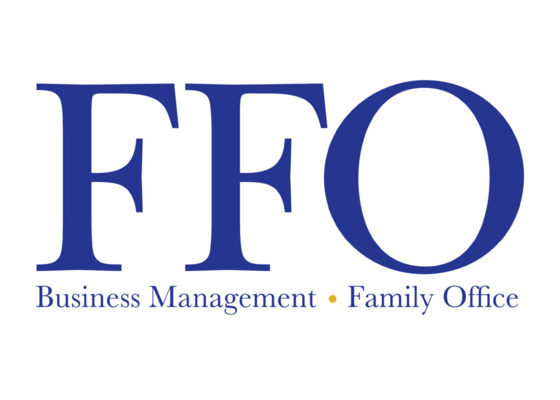While the ranks of the super-rich, people with a net worth of $500 million or more, is dominated by men, women are joining this cohort at a proportionately greater pace. The Forbes 2017 Billionaires List, the biggest and fastest growing ranking since the initiative began three decades ago, included 227 females and 56 of them were self-made. In the past year alone, another 15 self-made women were added to the list, all from Asia.
While women still represent a fairly small part of the billionaire community, they are a continuously growing segment. Perhaps more interesting is that the percentage increase in self-made women was greater than the increase in the number of billionaires overall, which could signal a change in who will create and control wealth moving forward.
Much of the increase in super-rich women is due to entrepreneurship. These women, like all self-made successes, exhibit a number of core characteristics. For example, they typically have high levels of self-efficacy, are adept at strategic networking, and are accomplished negotiators.
According to Hannah Shaw Grove, managing director at iCapital Network and author of Women of Wealth: Understanding Today’s Affluent Female Investor, “Women that have created their own wealth are different from those that marry or inherit their wealth in several key ways. They are more willing to take calculated business risks and they are often motivated to take steps to enlarge and enhance their personal fortunes through new business ventures, sophisticated tax and investment strategies, and the creation of family offices.”
The rise of self-made, super-rich women is helping to drive the significant growth in the number and amount of wealth controlled by single-family offices. “We’re finding that female business owners with significant wealth are extremely interested and disposed to setting up their own family offices. Their primary motivation, which is the same for men, is to ensure they’re in control,” explains Angelo Robles, founder and CEO of the Family Office Association. “These family offices usually address the spectrum of wealth management and lifestyle needs, while relying extensively on strategic outsourcing with keen attention to the tradeoffs between cost and value.”
“These women are not pushovers,” warns Grove. “When establishing or running a family office, they bring the same mindset and skills that made their businesses so successful and approach the process with a combination of intellectual curiosity and a laser focus on results.”
Grove also notes that ultra-high-net-worth women are driven by purpose and philanthropy, alongside their business interests. “Family offices are well suited to assist with charitable objectives, but those goals can often take a back seat to investment and estate planning priorities if the entire family is involved. When family offices are being structured for female wealth creators, they commonly include a philanthropic element from the very beginning that enables the wealth to be deployed in ways that positively impact local communities and society at large.”
“Women are achieving greater success than ever before, and more of them are amassing 10-figure fortunes,” explains Ellie Peters, wealth advisor at LVW/Flynn. “While this trend will undoubtedly have a long-term reverberative effect in many areas — business, politics, society, finance, education, healthcare and more — it will also impact the number and type of single-family offices that will manage and control significant wealth in the near term.”
